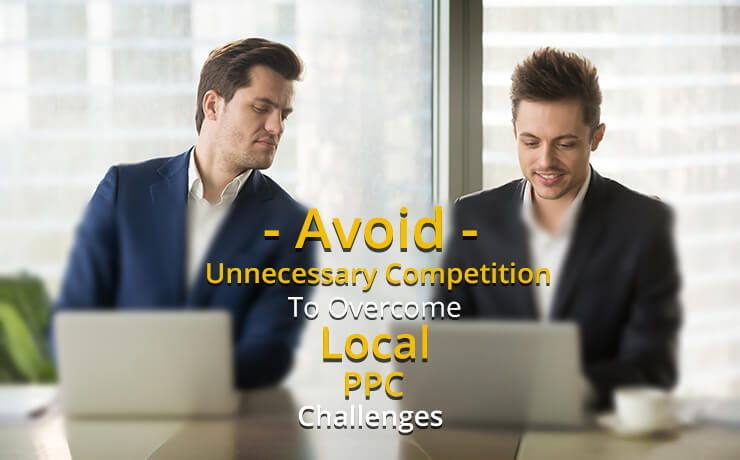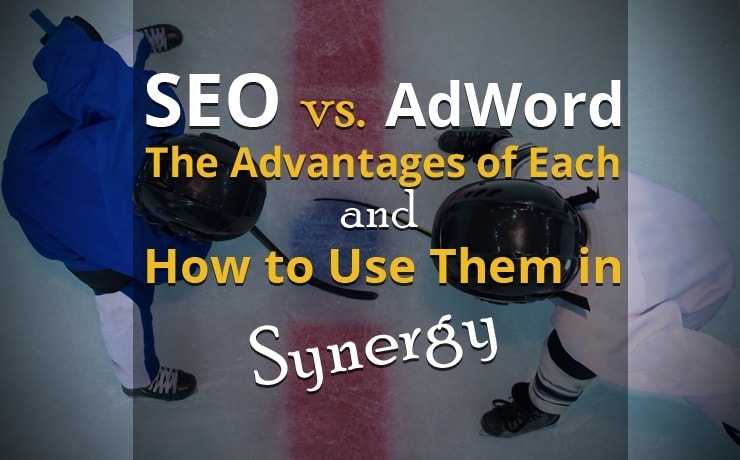Avoid Unnecessary Competition To Overcome Local PPC Challenges

Chad Faith
Director of Content

With the right SEO strategy, a business can reach the top of page one in SERPs. Without an ad strategy, however, the same business may not be able to maintain dominance of the search results. For example, there will always be at least one ad above the organic results. To avoid getting swallowed by the noise, many small businesses have turned to local PPC advertising. Also known as pay-per-click marketing, PPC is a top option for online ads mostly because business owners only pay when a user clicks on their ads.
Today, the top two platforms for running PPC ads are Facebook and Google. When business owners create ads for Google, they can tie those ads to their overall SEO strategy by targeting the same keywords. Facebook, on the other hand, features ads within their users’ newsfeeds or on the right-hand side of browsers (in desktop view). In addition, Facebook is a popular PPC advertising platform due to advanced features, such as retargeting and pay per impression.
While local PPC is a mainstream marketing tactic, small businesses tend to find it hard to compete with large corporations that have bottomless budgets to work with. Fortunately, it is still possible to gain the visibility one’s business needs. Sometimes you don’t have to compete with others to stand out. Below are some ways one can overcome PPC challenges without facing heavy competition:
Enhance Landing Pages
It is recommended that visitors are led to a landing page instead of the homepage of one’s website. Dedicated landing pages can provide visitors with more information about the product/service, contact information, purchasing instructions, and opportunities to access premium content. If you choose to use landing pages within the website or via personalized URLs (can be an entire microsite or a responsive page), don’t forget to test for differences in conversions. Doing this will help you better tailor content for individual users.
Enable Tracking Features
Before launching a local PPC campaign, it is important to set up the necessary tracking features so that you can measure the ad’s impact (to determine which PPC marketing methods work or don’t work). For example, business owners can consider using the basic features of Google Analytics or any built-in social media analytics. Ideally, businesses should also implement code snippets in their website.
Incorporate Long-Tail Keywords into Ad Copy
Today, short keyword phrases no longer have the same effect in the world of online marketing. Oftentimes, these terms present ads to individuals who do not have an interest in the business. When it comes to PPC, you are actually bidding for visibility on Google. If you use short keywords (which are highly competitive), you may deplete your budget very quickly. Go for long-tail keywords because they are available at a more affordable rate and tend to bring businesses far more targeted clicks.
Maximize PPC Budget
While it is often challenging to work with a limited budget, it’s still possible to run a successful PPC campaign. Small local business owners can employ alternative strategies such as:
- Running their ads only during certain times of the day (e.g., business hours)
- Activate ads when competitors pause theirs
- Target more strictly to reduce expenses (e.g., if you get more response from mobile users than desktop users, focus more on running mobile ads)









